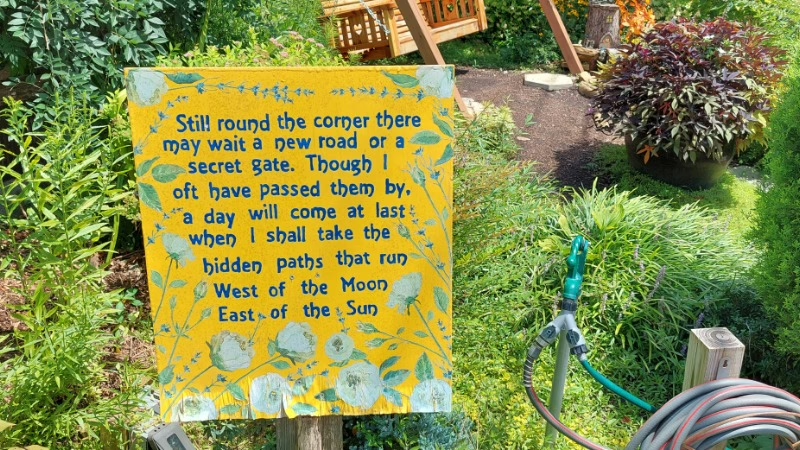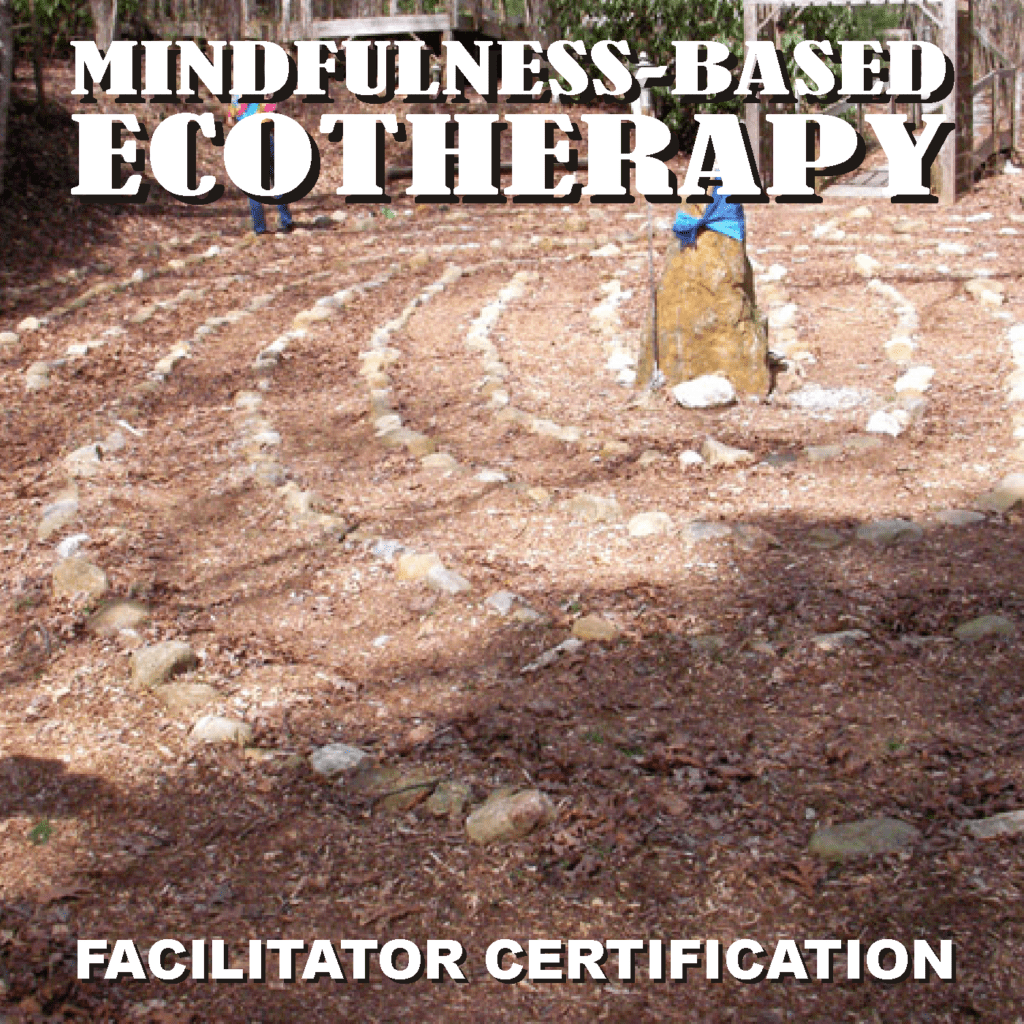
Table of Contents
Gardening therapy is an emerging approach that combines the restorative power of nature with structured therapeutic practices to support emotional growth and sobriety. In recovery, individuals often face stress, cravings, and emotional dysregulation that can lead to relapse. Gardening therapy, especially when integrated with mindfulness-based ecotherapy (MBE), provides a practical and holistic way to cultivate inner resilience while reconnecting with the natural world.
Therapeutic Gardening as a Tool for Sobriety
Sobriety requires consistent effort, self-awareness, and the development of healthy coping strategies. Gardening therapy offers a unique avenue for achieving these goals. By engaging in planting, watering, pruning, and observing growth cycles, individuals in recovery learn patience, responsibility, and the importance of nurturing life.
The act of caring for plants mirrors the process of caring for oneself in recovery. Every seed planted and every sprout nurtured serves as a metaphor for personal growth and transformation. Mindfulness-based ecotherapy enhances this process by encouraging participants to be fully present in each moment of the gardening experience, noticing thoughts, feelings, and bodily sensations without judgment. This mindful awareness strengthens self-regulation, which is a cornerstone of relapse prevention.
Emotional Growth Through Gardening Therapy
Emotional growth is a critical component of long-term recovery, and gardening therapy offers a safe, nonjudgmental space for exploration. The natural world is inherently grounding, reducing stress, anxiety, and depressive symptoms. Engaging with soil, plants, and sunlight activates the senses, promoting a sense of calm and emotional balance.
Mindfulness-based ecotherapy techniques such as focused breathing, guided observation, and reflective journaling can be incorporated into gardening sessions to deepen emotional awareness. For example, noticing the texture of soil or the color variations in leaves helps participants anchor themselves in the present moment, making them more resilient to triggers and emotional upheaval. Over time, this practice strengthens emotional intelligence, self-compassion, and the ability to navigate challenges without resorting to substance use.
The Role of Mindfulness in Therapeutic Gardening
Mindfulness is a core component of effective gardening therapy. It teaches individuals to observe their thoughts and cravings without immediate reaction, fostering clarity and self-control. When paired with the natural rhythms of gardening, mindfulness becomes a powerful tool for cultivating sobriety.
Participants may practice mindful watering, noticing the flow of water over plants and how it nourishes them. They may observe the growth cycle of a flower, reflecting on their own recovery journey and how consistent care and attention lead to flourishing. This combination of mindfulness and hands-on engagement reinforces healthy habits, reduces stress, and supports the development of long-term resilience.
Long-Term Benefits of Gardening Therapy for Recovery
Therapeutic gardening provides lasting benefits for individuals in recovery. By establishing regular routines that involve mindful engagement with nature, participants strengthen executive functioning, patience, and self-discipline, all of which are critical for maintaining sobriety.
Moreover, gardening therapy fosters a sense of accomplishment and purpose. Watching a plant grow from seed to bloom provides tangible evidence of progress, mirroring the incremental steps taken in personal recovery. Through consistent practice, individuals build both emotional resilience and a deeper connection to life, enhancing their overall well-being and reducing the risk of relapse.
Conclusion: Integrating Gardening Therapy and Mindfulness-Based Ecotherapy
Incorporating gardening therapy into recovery programs, especially when combined with mindfulness-based ecotherapy, offers a holistic approach to sobriety and emotional growth. It allows individuals to reconnect with nature, cultivate patience and self-compassion, and build practical coping skills that support long-term recovery.
Therapeutic gardening reminds us that growth takes time, care, and attention. By engaging with the cycles of nature mindfully, individuals in recovery can cultivate resilience, emotional balance, and a renewed sense of purpose. These are all key ingredients for maintaining sobriety and thriving emotionally.
Share Your Thoughts!
What do you think? Share your thoughts in the comments below! And don’t forget to subscribe to our newsletter!


